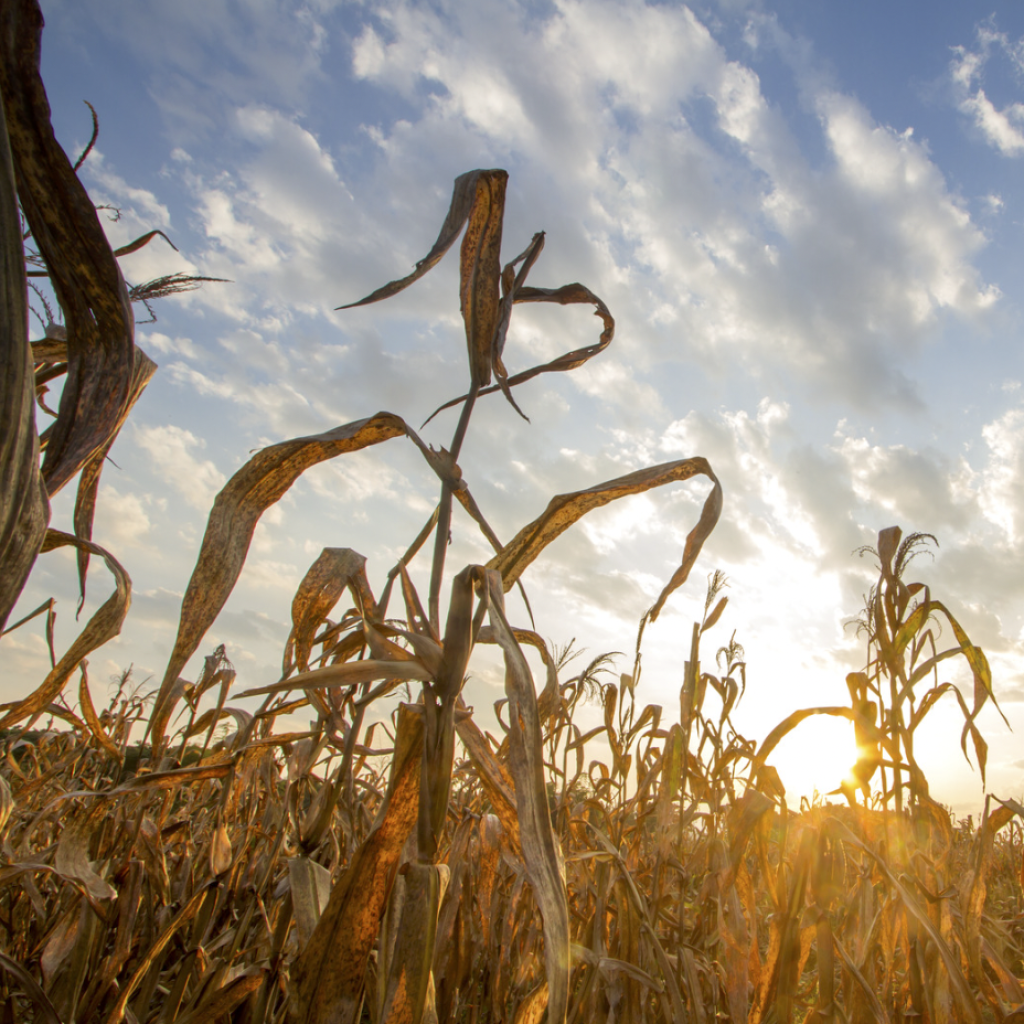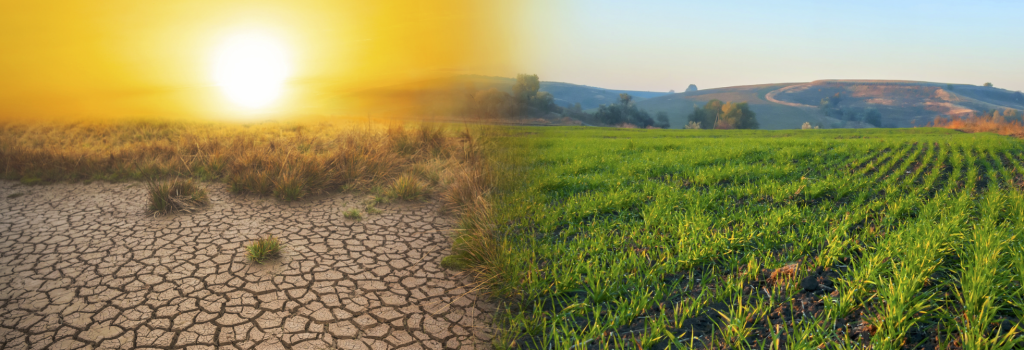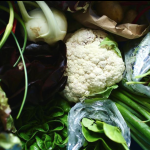What does local food have to do with climate action, anyway?
Sept 2023 We were approached by a young local family who are passionate about Climate Action, and conversation swirled… What exactly does the work of “local food” and local farms have to do with Climate Action, anyway?
We’re so used to convenience… whatever we want whenever we want it.
We’re used to grocery stores stocked all seasons
with anything our heart desires from all over planet earth…
floating in from South America, China, and Mexico.
But as we’ve said before, following the trail of cheap food from across the planet reveals the hidden cost to traditional communities, human rights, waterways, soil, nutrition, biodiversity and the animal kingdom.

Food as a commodity – a money-making business – means producing the largest amount of food possible for the least amount of investment. Most “Food” Companies are not even accountable to the people that eat that food. They’re accountable to the wealthy shareholders that invested in their company, and who expect to make a profit quarter after quarter and year after year… that line graph must always go up. Most also aren’t concerned with the nutrition of impacts of that food, unless it affects their money.
This means companies cut corners, exploit developing countries and people in poverty, and strip the earth of its resources. It means massive land clearing, chemicals to kill weeds and insects, and synthetically produced fertilizer to force food to grow in those harsh conditions. It means soil that is no longer “alive” with microbes, mycelium, protozoa, nematodes that nurture every living thing on this earth, and it means floods, landslides, and soil that can‘t sequester carbon in the way that healthy soil does.
Massive industrial agriculture, poor irrigation practices, deforestation, and overgrazing are causing the desertification of millions of acres of land worldwide. It’s placing enormous pressure on our earth and altering its soil chemistry and hydrology. Potentially irreversibly.
Local food is about micro-economics at the local level, it’s about accountability to faces we know and recognize in our communities, and nurturing the neighbourhoods in which we live… with healthy soil, healthy plants, healthy water, and healthy people.
One Straw Society is an organization that’s entirely focused on building up and support a healthy, robust, local food system. This is the full cycle of soil, growing, foraging, harvesting, marketing, distribution, accessibility, food waste, and back to soil again. The food through many of our programs is not “cheap”, because “cheap” simply costs far too much. But it is always food that is ethical, safe, chemical-free, fair, and nurtures the land we live on and raise our children on.

What are we doing about it?
We’re:
- building beautiful, accessible public spaces (community gardens & urban micro-farms) as hubs for community learning, curiosity, and demonstrations to teach in ways that feel welcoming, inclusive, and POSSIBLE.
- teaching through workshops, online speaker series, field days, self-guided learning at public garden spaces, and mentorships with elders and knowledge-keepers.(on sustainable food production, preservation, nutrition, access, wildcrafting, etc.)
- Building programs that support local agriculture, by supporting collaborative farm planning, crop planning, marketing, and local distribution , with initiatives that help local growers build infrastructure and scale up year over year (like the local foodbox program).
- advocacy and policy work so that our local governments are considering the sustainability and impact of their land use policies, bylaws, amendments.
- Creating and sharing resources (like libraries of field guides, books, open pollinated non-patentable seeds, farm & food tools & equipment, research & knowledge)
- hosting events (like farm to table dinners, community roundtables, farm tours, garden faires & markets)
- providing direct food security (subsidized & free food, free-to-harvest gardens, indigenous land and food knowledge, farm cooperatives, etc.)
- building creative Food waste initiatives that make best use of local land and food resources, & minimizing wildlife/ human conflicts to protect the future of our local wildlife (like the Fruit Tree Project, Canning Collective, etc.)
Got ideas? Let’s get to work!
-CF, One Straw Society
* In Plain Language – this series seeks to express important issues in simple, clear ways for a diverse audience.




